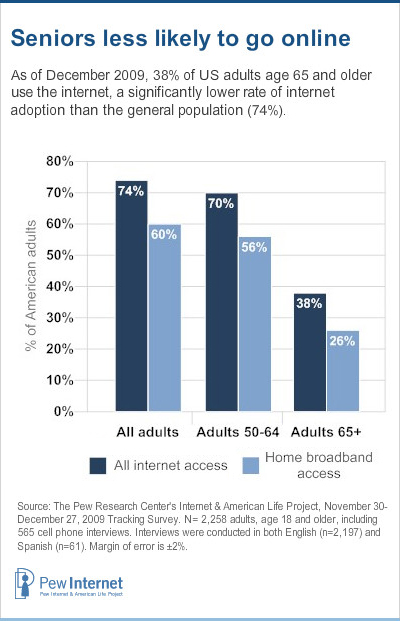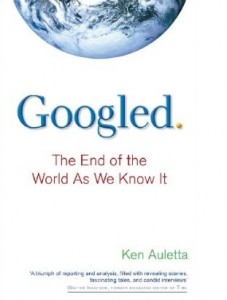This morning’s column in the new, rebooted Observer.
Psst: want to know the future of cyberspace? You could try asking a rock star. Why? Well, some of them have turned out to be perceptive futurologists. Eight years ago, for example, David Bowie said this to a New York Times reporter: “I don’t even know why I would want to be on a label in a few years because I don’t think it’s going to work by labels and by distribution systems in the same way. The absolute transformation of everything that we ever thought about music will take place within 10 years, and nothing is going to be able to stop it. I’m fully confident that copyright, for instance, will no longer exist in 10 years, and authorship and intellectual property is in for such a bashing.”
Bowie then went on to make one of the most perceptive observations anyone’s ever made about our networked world. Music, he said, “is going to become like running water or electricity”. To appreciate the significance of this, remember that he was speaking in 2002, a year after Apple unleashed the iPod on an unsuspecting world. At the time, millions of people were transfixed by the idea that they could carry their entire music collections around with them in a tiny device. But Bowie perceived that this blissful state might just be transitory– that iPod users were, in fact, the audio equivalent of travellers to primitive countries who carry bottled water because public supplies are unreliable or unsafe…




